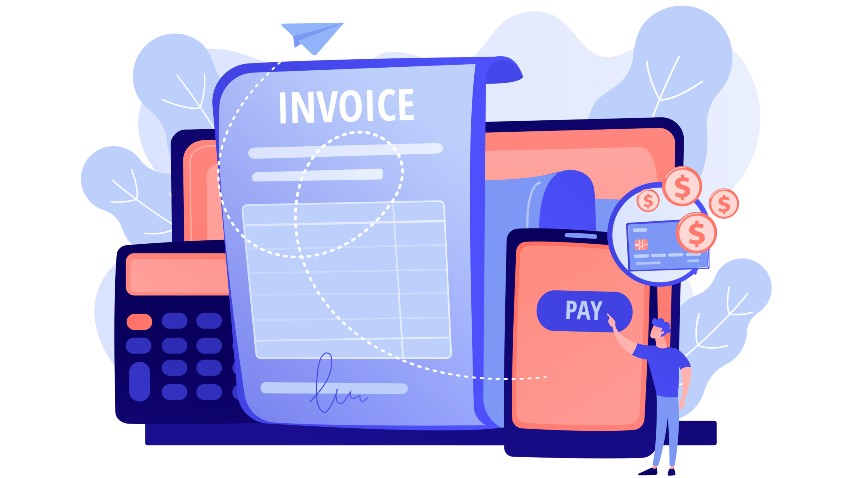Accounting Software Streamline Invoicing and billing Processes

Accounting software streamlines invoicing and billing processes through automation, customization, and integration with other financial systems. Here's how accounting software achieves this:
Automated Invoicing: Accounting software automates the process of creating and sending invoices to customers. Users can set up recurring invoices for regular billings, saving time and effort on manual invoicing tasks.
Customizable Templates: Accounting software provides customizable invoice templates that allow users to add their logo, company information, payment terms, and other relevant details. This ensures consistency in branding and professionalism across invoices.
Integration with Customer Data: Accounting software integrates with customer relationship management (CRM) systems or maintains a customer database within the software. This allows users to easily access customer information, such as contact details, billing preferences, and payment history, when creating invoices.
Automated Payment Reminders: Accounting software can send automated payment reminders to customers for overdue invoices. Users can set up reminder schedules and customize message templates to follow up on outstanding payments, improving cash flow and reducing the need for manual follow-ups.
Online Payment Options: Many accounting software solutions offer online payment options, allowing customers to pay invoices electronically via credit card, bank transfer, or payment gateways such as PayPal or Stripe. Integration with payment processors facilitates faster and more convenient payment processing.
Tracking and Reporting: Accounting software tracks invoice statuses, such as sent, viewed, paid, or overdue, in real-time. Users can generate reports to monitor invoice aging, track payment trends, and analyze customer payment behavior, enabling proactive management of accounts receivable.
Multi-Currency Support: For businesses operating internationally, accounting software often supports multi-currency invoicing. Users can create invoices in different currencies, automatically calculate exchange rates, and reconcile foreign currency payments, simplifying cross-border transactions.
Invoice Financing Integration: Some accounting software integrates with invoice financing or factoring services, allowing businesses to sell their outstanding invoices to third-party lenders for immediate cash flow. Integration streamlines the invoice financing process and facilitates access to working capital.
Audit Trail and Compliance: Accounting software maintains a detailed audit trail of invoicing activities, documenting changes, approvals, and communications related to invoices. This enhances transparency, accountability, and compliance with internal controls and regulatory requirements.
Overall, accounting software streamlines invoicing and billing processes by automating repetitive tasks, customizing invoice templates, integrating with customer data and payment systems, providing online payment options, tracking invoice statuses, and ensuring compliance with accounting standards and regulations. By leveraging accounting software, businesses can improve efficiency, accuracy, and cash flow management in their invoicing and billing operations.
Thank you,
